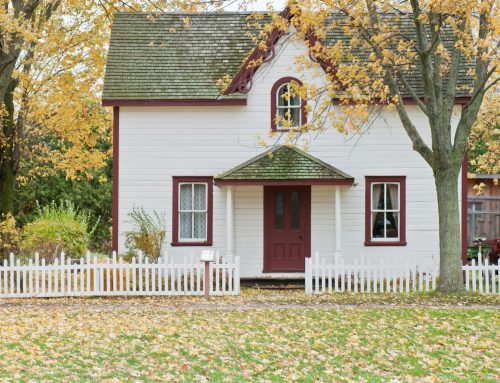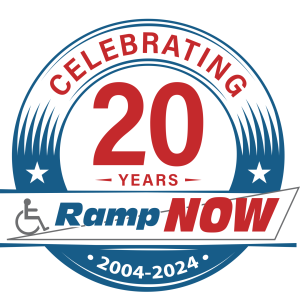Although seniors are slower to adopt technology than other age demographics, this group is more tied to their gadgets than ever before. Four in 10 seniors now own smartphones, according to 2017 Pew Research. Tablet ownership in this demographic is growing as well, and social media use is on the rise.
We live in an age of innovation, and many of those innovations have direct benefits to seniors – but they need to be adapted to experience those benefits. Let’s look at a few of these technologies and how they can help maintain independence.
5 Technologies that Can Help Seniors Maintain Independence
Online Video Software – Many seniors will have friends and family scattered all over the globe. With programs like Skype, FaceTime, or Google Hangouts, long distance rates are no longer an issue, and you get to see the person on the other end of the line. It can make a huge difference for a grandparent who would love to see their grandchild. It can also make a significant difference for adult children checking on their parents.
Wireless Monitoring – For a senior who may be struggling physically, this technology can literally save a life. It’s built around a series of sensors and can detect falls, unusual behaviors, and even read vital signs. You can find versions of this that are minimally invasive, allowing users a base level of privacy.
Health Tracking Software and Applications – There are a variety of software and application programs out there that can log food and medications, track physical activity, and empower seniors to maintain control of their own health. Apps like Pill Reminder and MyMedSchedule can be a tremendous help. MyFitnessPal or MyNetDiary can help on the nutrition and exercise side, too.
Tablets – As mentioned earlier, tablet use among seniors is on the rise, and this can offer significant benefits. It can strain a healthy set of eyes to stare at a small smartphone screen for too long. A tablet may be a more practical solution for a senior who wants their reading materials bigger. It also opens up the opportunity for the health-tracking software, brain fitness apps, photos, music, reading, or the ability to remain curious and learn.
GPS Tracking – For seniors who are experiencing dementia, this can be a practical way to extend the safety of the comfort zone. GPS can alert a caregiver to a senior’s location or help a senior who may be lost. There are smartphone GPS apps, or devices that can attach to clothing.
Conclusion
Many of us have that older family member who held out the longest on using the internet or obtaining an email address. Many seniors may still think of all of this new technology as a fad, and patiently wait for a return to the way things were.
But when seniors and families can adopt these technologies it may offer practical solutions for independence and make life easier for everyone involved.








